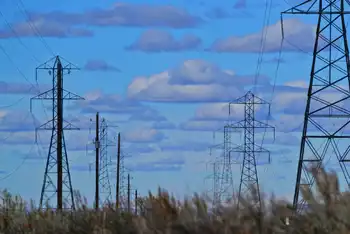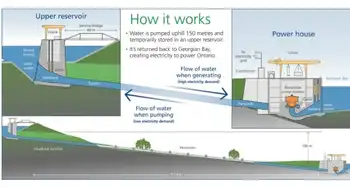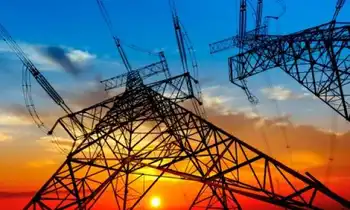State-owned electricity generation firm could save Britons nearly 21bn a year?

Substation Relay Protection Training
Our customized live online or in‑person group training can be delivered to your staff at your location.

- Live Online
- 12 hours Instructor-led
- Group Training Available
Great British Energy could cut UK electricity costs via public ownership, investing in clean energy like wind, solar, tidal, and nuclear, curbing windfall profits, stabilizing bills, and reinvesting returns through a state-backed generator.
Key Points
A proposed state-backed UK generator investing in clean power to cut costs and return gains to taxpayers.
✅ Publicly owned investment in wind, solar, tidal, and nuclear
✅ Cuts electricity bills by reducing generators' windfall profits
✅ Funded via bonds or asset buyouts; non-profit operations
A publicly owned electricity generation firm could save Britons nearly £21bn a year, according to new analysis that bolsters Labour’s case to launch a national energy company if the party gains power.
Thinktank Common Wealth has calculated that the cost of generating electricity to power homes and businesses could be reduced by £20.8bn or £252 per household a year under state ownership, according to a report seen by the Guardian.
The Labour leader, Keir Starmer, has committed to creating “a publicly owned national champion in clean energy” named Great British Energy.
Starmer is yet to lay out the exact structure of the mooted company, although he has said it would not involve nationalising existing assets, or become involved in the transmission grid or retail supply of energy.
Starmer instead hopes to create a state-backed entity that would invest in clean energy – wind, solar, tidal, nuclear, large-scale storage and other emerging technologies – creating jobs and ensuring windfalls from the growth in low carbon power feed back to the government.
The Common Wealth report, which analysed scenarios for reforming the electricity market, said that a huge saving on electricity costs could be made by buying out assets such as wind, solar and biomass generators on older contracts and running them on a non-profit basis. Funding the measure could require a government bond issuance, or some form of compulsory purchase process.
Last year the government attempted to get companies operating low carbon generators, including nuclear power plants, on older contracts to switch to contracts for difference (CfD), allowing any outsized profits to flow back to taxpayers. However, the government later decided to tax eligible firms through the electricity generator levy instead.
The Common Wealth study concluded that a publicly owned low carbon energy generator would best deliver on Britain’s climate and economic goals, would eliminate windfall profits made by generators and would cut household bills significantly.
MPs and campaigners have argued that Britain’s energy companies should be nationalised since the energy crisis, even as coal-free records have multiplied and renewables still need more support, which has resulted in North Sea oil and gas producers and electricity generators making windfall profits, and a string of retail suppliers collapsing, costing taxpayers billions. Detractors of nationalisation in energy argue it can stifle innovation and expose taxpayers to huge financial risks.
Common Wealth pointed out that more than 40% of the UK’s offshore wind generation capacity was publicly owned by overseas national entities, meaning the benefits of high electricity prices linked to the war in Ukraine had flowed back to other governments.
The study found the publicly owned generator model would create more savings than other options, including a drive for voluntary CfDs; splitting the generation market between low carbon and fossil fuel sources at a time when wind and solar have outproduced nuclear, and a “single buyer model” with nationalised retail suppliers.











